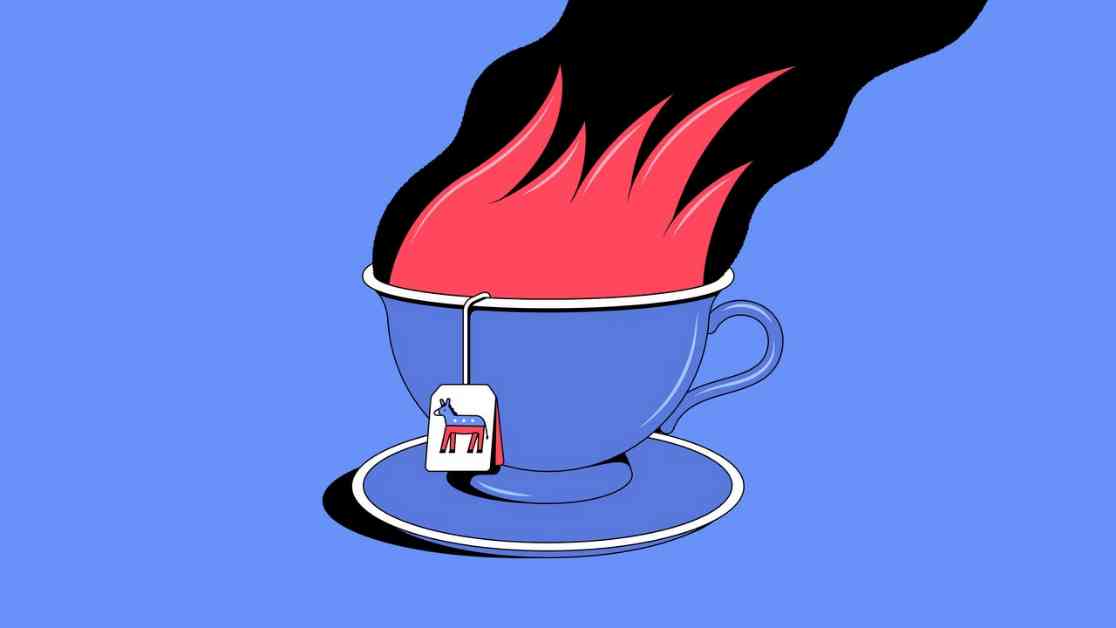In a recent op-ed piece for the Times, seasoned political strategist James Carville proposed a bold strategy for Democrats in the current political climate: “roll over and play dead.” Carville argues that with no clear leader and no control in any branch of government, Democrats should bide their time until Trump’s approval ratings plummet, and then strike. However, this approach may not sit well with a restless and panicked public, who are increasingly vocal in their opposition to Trump and his policies.
Town hall meetings across the country have become battlegrounds as citizens confront Republican lawmakers over budget cuts and other controversial decisions. The tension culminated in a woman being forcibly removed from a Coeur d’Alene, Idaho town hall after criticizing officials. These incidents, coupled with nationwide protests against various government actions, indicate a growing movement within the electorate.
The aftermath of the 2020 election has left the Democratic Party in disarray, with calls for a grassroots uprising akin to the Tea Party movement of years past. Dissatisfaction with the party’s performance and leadership has led to record-low approval ratings for congressional Democrats. This discontent could pave the way for a new wave of candidates challenging the status quo and pushing for real change.
Carville’s suggestion to lie low until the opportune moment may overlook the deep-seated anger and frustration many liberal voters feel towards their own party. The reluctance to take action against Trump and the mishandling of past elections have left a bitter taste in the mouths of many, who are now looking for a more assertive and authentic form of opposition.
The emergence of a new kind of resistance, characterized by its anger and defiance, signals a shift in the traditional political landscape. Activists and candidates who are unafraid to challenge the establishment are gaining traction, fueled by a growing sense of disillusionment among the electorate. This movement may herald a new era of liberal politics, one that is more responsive to the needs and desires of the people.
As the Democratic Party grapples with its identity crisis, it faces the looming specter of a Goldwater moment. The rise of grassroots activism and the rejection of establishment politics could reshape the party’s trajectory, much like the conservative movement that propelled Barry Goldwater to the forefront of the Republican Party in the 1960s. The key players in this potential transformation are those who are willing to break ranks, challenge the status quo, and champion the voices of the disenfranchised.
In this era of political upheaval and uncertainty, the liberal electorate is searching for a new path forward. The nü-Resistance, characterized by its fervor and defiance, represents a beacon of hope for those who seek meaningful change within the Democratic Party. Whether this movement will lead to a fundamental shift in policy remains to be seen, but one thing is certain: the old rules of politics no longer apply. As the landscape evolves and new voices emerge, the future of liberal politics hangs in the balance.












